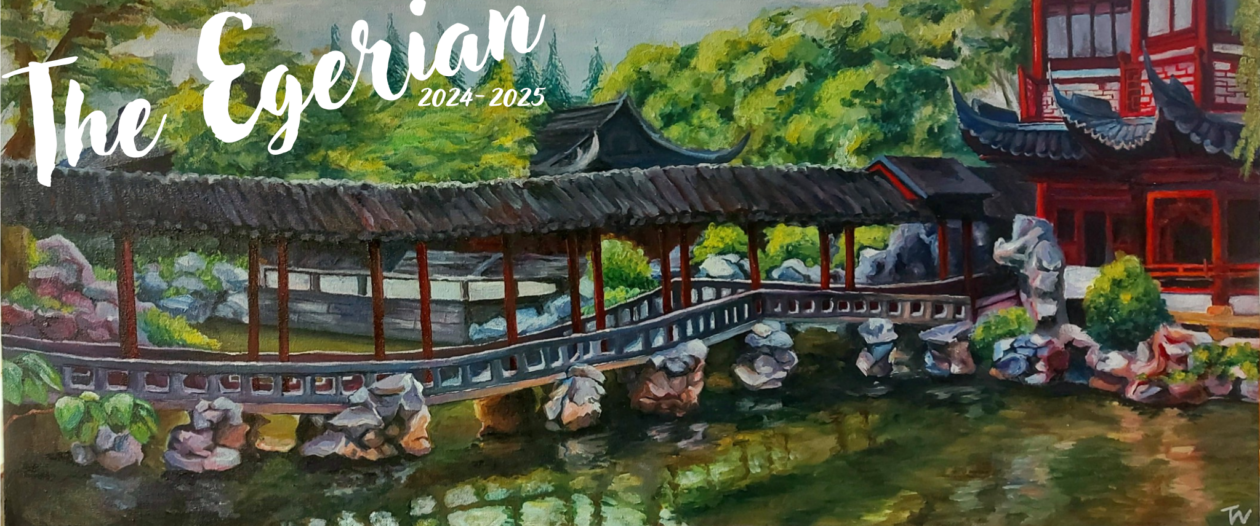They met in grad school. He, a scientific researcher, and she, a lab tech. Same age, same face (their friends liked to joke), same life. They moved in together after a year – on the anniversary of meeting each other. Soon they adopted a puppy, and then they were destined to get married, so he proposed on a cruise (the puppy was staying with friends) and they got married a year later. The ceremony was nice enough. There were cocktails and dances, pretty dresses and pretty friends.
“What’s that?” he asked one day, four of five years after they were married. She was holding a small, cardboard box – turning it over and over in her hands.
“Balloons.”
“Shit.”
The puppy was no longer a puppy anymore. He had taken to dragging his paws as his nails clicked along the floor. Almost narcoleptic, a snooty friend had mentioned. He rested his golden face on his paws, collapsed in the corner.
They walked out of their townhouse together. Marched their feet down the front steps, through the walkway, out to the sidewalk of the little street. The road was quiet. No sounds but their own feet walking. The dog had come to the window, watching.
The street was short; they soon made it to the intersection. Cars meandered along in a countable quantity, and he followed the blue ones with his eyes until they disappeared around the corner. She stared at the ground, counting the cracks in the pavement.
“It was always going to happen,” she said.
He just stared at her, his mind both blank and racing. Maybe in your mind, he thought. But in his, no, it was not always going to happen. It was her version of destiny: finding and tracking the humanity-ending meteor, erasing it from the international projections, making it her weapon. It was her version of destiny to hide in that lab tech position, even fall in love without changing her mind. She had pulled him into her sinister mind. In return he got to name the giant rock. And they got the puppy.
They had walked quite a few blocks, politely greeting others on the road. She would wave. He’d nod. At home, their dog had settled back down in his corner, although they couldn’t tell from so many blocks away. He closed his eyes. Went to sleep.
It was best to die outside, they’d compromised the day after the wedding. Better to go through it in the midst of others. They passed another road, waving and nodding to the elderly couple gardening on the corner.
“How can you possibly be okay with this-” he whispered.
She interjected succinctly. “Shut up.”
They ducked into a pine tree grove, the last one left in the neighborhood, cradled themselves in the low-hanging branches. She pulled the box out of her bag and looked at him, her eyes glossy. She held up three fingers, then two, then one.
Darkness.
